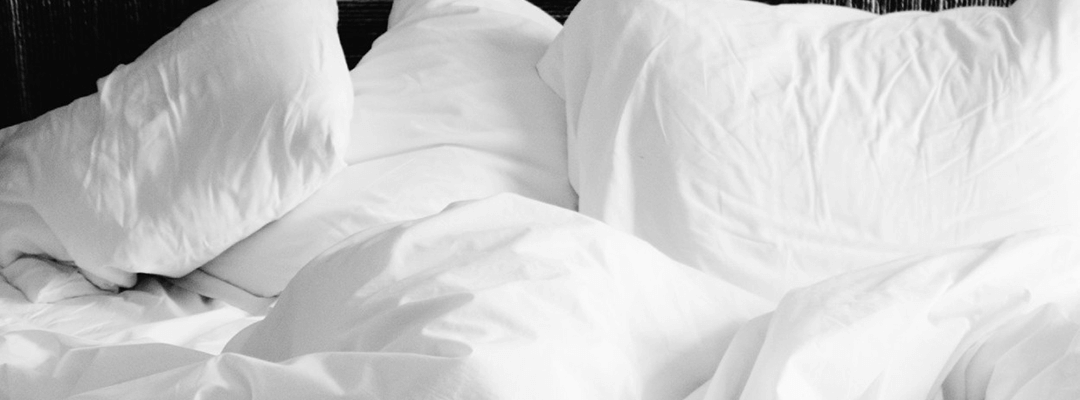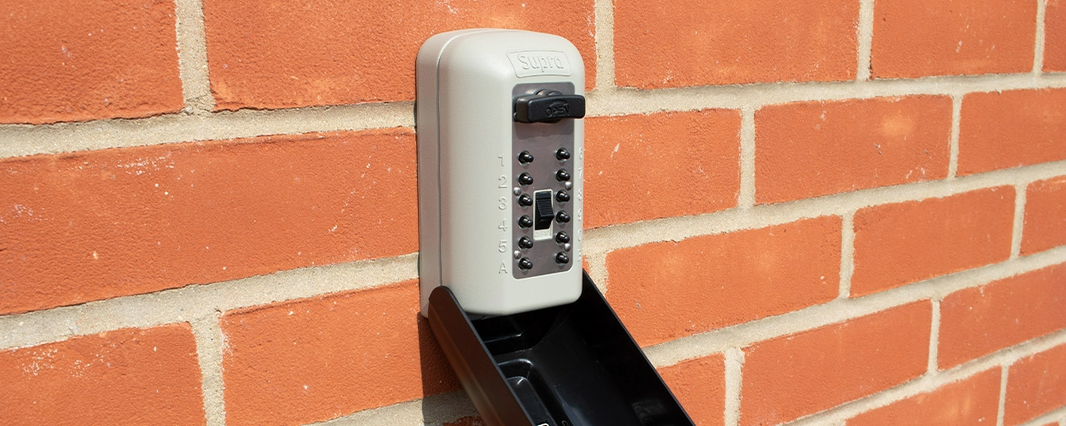Everybody knows how important a good night's sleep is. However, not all of us are getting this. Here are our top tips to help you get the best sleep possible every night.
How much sleep do we need?
A lack of quality sleep has significant impacts on health including higher rates of stroke, Alzheimer's disease, high blood pressure, diabetes, and obesity. It also affects mental well-being causing higher rates of depression and anxiety and overall poor mood, energy, and motivation. According to experts, the amount of sleep we need depends on age, gender, and lifestyle.
Age
As we get older we need fewer hours of sleep per night. For example, according to the National Sleep Foundation teenagers need at least 8-10 hours, while older adults over 65 only need 7-8 hours.
Gender
Studies have shown that women on average may need around 20 minutes more rest per night than men.
Lifestyle
People who have demanding jobs and lifestyles also require more sleep per night for the brain to recuperate fully. This is particularly true for people who use lateral thinking and have to make complex decisions on a daily basis.

Top Five Tips
1. Decrease Exposure To Blue Light
Studies show that exposure to blue light from laptops and smartphones can interrupt the body's circadian rhythm and decrease overall sleep quality. Experts, therefore, recommend reducing or eliminating the usage of technology in the evening. They also recommend removing mobile telephones from the bedroom completely to avoid the temptation to check them during the night.
For those who cannot do without technology in the evening, there are apps and display settings that can help. Flux is a free programme that can be used to warm up computer displays at night. Flux works based on the user's location and time of day, making the display warmer after sunset to reduce disruptions in sleep patterns. Smartphones can also be adjusted in a similar way using Display & Brightness settings such as Night Shift on iPhones and Dark Mode or Night Mode on Android phones.
2. Decrease Stimulants
Caffeine is well-known for keeping you awake. A recent study found that even an afternoon coffee six hours before bed can disrupt sleep. Some experts even say that a morning cup of coffee will affect your ability to sleep up to 16 hours later. Caffeine isn't only found in coffee, it's also found in tea, chocolate, energy drinks, and other foods.
Nicotine is another stimulant to be avoided for a better night's sleep.
3. Keep a Sleep Routine
Keeping to a sleep schedule is a great way to train the body to adjust to a healthy sleep rhythm. Experts say that waking up and going to bed at the same time every day will increase quality of sleep. Setting up a routine to prepare for bed each night is also a good way to train your body and tell your brain it's time to start shutting down for sleep. A healthy bedtime routine could involve a relaxing bath or shower, a cup of calming herbal tea, or reading by low light.
4. Try Natural Sleep Aids
People who suffer from insomnia can improve their condition with natural supplements.
Melatonin is a naturally occurring hormone the body produces to signal the brain that it's time for sleep. Taking a Melatonin supplement in the evening to increase levels can have a positive effect on sleep. Valerian Root is another popular natural sleeping aid, reported to relax the body and mind.
Magnesium is a mineral found in many foods vital for hundreds of processes in the human body including brain and heart function. Studies show that a deficiency in magnesium can also be linked to insomnia. Taking a magnesium supplement or having a diet high in magnesium rich foods could help to improve sleep for insomniacs.
5. Keep The Bedroom Stress-Free
Keeping the bedroom stress-free is another key tip from experts. The bedroom should be maintained as a calm zone, free from the stresses of daily life. Therefore, avoid using the bedroom as a place to do your work or study. Similarly, refrain from having a television or other work related technology in the bedroom and try not to read gripping novels in bed.
Keeping the bedroom clear from clutter will also make the bedroom more peaceful. Maintaining the right temperature for sleeping will also create a calmer effect.
For people who have extra trouble winding down at night time, meditating or practicing mindfulness in your bedroom can be a useful tool to relax. Listening to calming music or recordings of natural sounds such as rain or a crackling fire is another great idea to make the bedroom a more restful space for sleeping.
Careline Alarms
Sometimes it is worry that keeps us awake at night. We might have concerned about the wellbeing of ourselves or our loved ones, for example. Careline Alarms may be able to provide some extra peace of mind that allows you to get some much-needed sleep. Our alarm service allows users to call for help by simply pressing the button on their pendant alarm.
To find out more about our reassuring devices, check out our in-depth guide or get in touch with our friendly team on 0808 304 4510. We will endeavour to answer any questions you may have.
Originally published on 26/12/2019, this article has been updated on 05/07/2021 to reflect current information.









